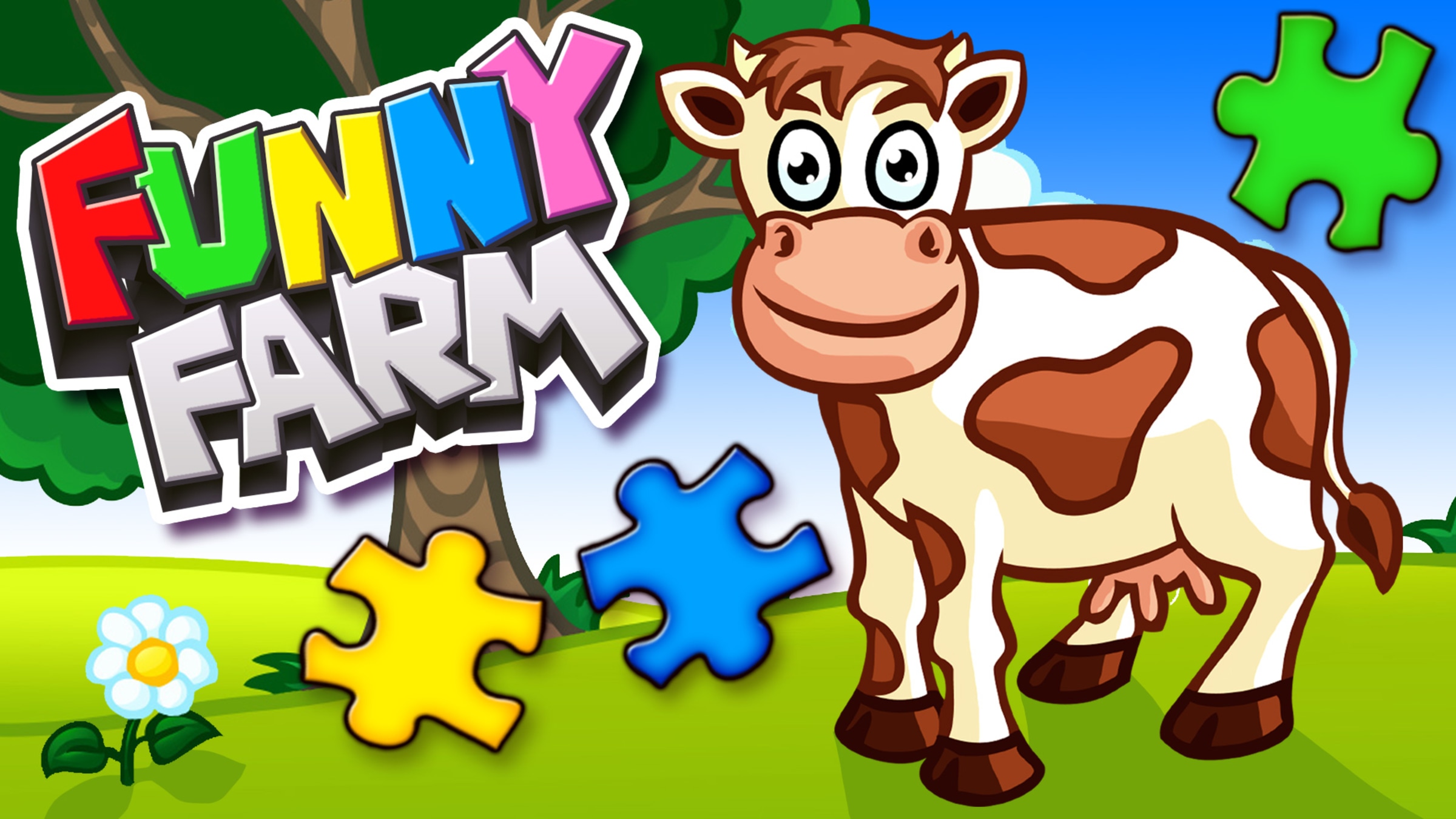
If you're new to knitting, you may feel intimidated by all the options. You can find many resources online as well as in knitting books for beginners. It is easy to learn basic knitting stitches and they can be used in a wide variety of projects. When you know the basic stitches you will be able tackle any knitting task that may come your way.
Stockinette stitch
Stockinette stitch, a traditional knitting stitch, is used to make fine stockings. This stitch is characterized by the even distribution of knit and purl stitches and produces a smooth foundation for a finished project. This stitch is suitable for a variety of knitting projects, including in-the-round and flat projects. This stitch is easy to use, making it a great knitting technique for audiobook listeners, beginners, and travelers. Stockinette stitches allow for easy increases or decreases without altering the shape of fabric.
Stockinette stitch sweaters will have curls at the edges. This characteristic is used often by sweater designers. Straps and cords can also be made from narrow stockinette band.

Irish moss
The Irish Moss knitting stitch is easy to learn and is ideal for both beginners and experienced knitters. A four-inch (10-centimeter) square knitted in Irish Moss requires a total of 13 stitches and 15 rows. This is a reversible design that doesn't curl and has a flat finished.
The alternating knitting and purl stitches create Moss stitches. This stitch is great for garments that require durability and strength. It is also a good choice for knitting patterns suitable for children.
Basketweave stitch
The stockinette stitch has a basketweave variation. It looks similar to a basket weave. It is a reversible stitch pattern consisting of groups of four stitches which alternate between knit and crochet. This pattern is great for making household items. To learn how to make it, you must first master the knit and purl stitches.
This stitch is made up alternating purls and knits in alternating rows. This method is not stretchy like ribbing, but it produces a unique texture. This stitch can be knit with either a single-pointed knitting or circular needle. To knit basketweave, however, you need to use double-pointed yarn needles.

Broken rib stitch
Broken Rib stitch is an option for beginners. This is a versatile and simple knitting stitch that alternates knit and purl stitches in right-side rows. It is flexible and great for blanket borders, sock sleeves, sweater sleeves, and hat brims.
The broken rib stitches pattern is a great way to add texture to knitting. It's also very easy to learn. The rib pattern is similar to traditional, but it has a column-seed stitch between the rows for an interesting texture. While it is similar to traditional Ribbing, it does not have the same amount horizontal stretch. You can use this stitch pattern in any ribbing pattern. This stitch pattern looks great in a sweater, and it is also an excellent choice for scarves or shawls.
FAQ
What does a hobby really cost?
Time is all that's required to make a hobby a success. If you're serious about your hobby, it can take you years to get what you want.
However, there is something that can help. It's called passion. If you feel passionate about your chosen field, you'll find it easier to put in the work required to achieve your goals.
Once you put in the hours, you might find yourself addicted to the activity. And this is where the real fun begins! Because you're doing something you like and it keeps getting better. By the end of the year you'll have probably made a lot of progress.
It doesn't matter how long it takes. Give it a shot. You may be surprised!
What are competitive hobbies, you ask?
You can compete in running, swimming or cycling as well golfing or tennis.
They're a great way to get social interaction and are enjoyed by those who love physical activity.
You'll likely find others who are interested in your hobby if it involves physical activity.
This may mean joining a club or group where you meet regularly to play sports together.
You can also participate in team games where you play alongside others.
These include soccer (soccer), rugby, netball and hockey.
There are many types competition.
Some competitions may be held for pure recreational purposes.
Others are designed for competitors to prove their skill.
And still, others are designed to reward outstanding performance.
These cases result in prizes for the winners.
Other competitions are designed to test the strength and stamina of competitors.
These are called endurance events.
For example, marathon races, triathlons, Ironman Triathlon, etc.
Before competing in these events, athletes train hard.
They will adhere to a strict training program that prepares them mentally as well as physically.
They may also need to spend some time away from home during preparation.
It is important to remember, not all athletes will compete in every type and event.
What are some hobbies that seniors might enjoy?
Senior citizens should enjoy engaging in fun activities. Senior citizens should be active and participate in other activities.
They might want to join clubs where they can meet people who share similar interests. This way, they'll feel less lonely as they age.
Seniors should also keep up with the latest trends. You could, for example, follow the latest trends in fashion, literature, and music.
Why do we have hobbies?
Hobbies play an integral part in our lives. It allows us to unwind and recharge, think creatively, exercise, socialize, have fun, and allow us to enjoy life. You can also learn new skills and develop lifelong interests.
Hobbies are a way to find meaning and purpose.
They can be a great way of spending time without having to do anything else.
They are fun!
If you don't find time for hobbies, it's likely that you don't have enough time for any other activities.
You have many choices. You might consider starting a hobby if you don't already have one.
What are some hobbies that would suit introverts?
Introverts are able to concentrate on one thing at once. They like solitude activities such as reading and writing, listening to music and watching movies.
They also like to be alone. However, they do not enjoy socializing all day long. In fact, they can often be bored when surrounded with people.
This is why introverts often choose hobbies that require them to be alone. You might find them reading books, listening, playing music, taking photos, writing poetry or painting.
Some introverts will even live alone. They can concentrate on their hobby without being distracted.
Statistics
- In comparison, men in the “no humor” condition were refused 84.6% of the time and were only accepted 15.4% of the time. (time.com)
- 37% Video Games 36% Travel 36% Health and Fitness (quizexpo.com)
- I am 100% biologically a woman (discover.hubpages.com)
- This 100% accurate personality-analyzing hobby quiz discovers your passion based on your characteristics. (quizexpo.com)
- The Role of the Mind in Sex, Dating, and Love: Men in the “humor” condition received phone numbers from 42.9% of the female participants and were refused 57.1% of the time. (time.com)
External Links
How To
How to choose the right hobby
Asking yourself questions can help you determine if your hobby fits you.
-
Do I enjoy doing it?
-
Do I get pleasure from it?
-
Is it something I would like to keep doing even when I'm older?
-
What are my strengths?
-
Are there ways to improve?
-
Would you recommend it to others?
-
Will it bring you happiness?
-
Can it help me to relax
-
What will it do for me?
-
Will it teach me skills that I can use later in life?
-
It will allow me to meet new friends.
-
It will allow me to express myself creatively?
-
Is it possible to learn new skills?
-
Is it going to give me the confidence?
-
Do I feel accomplished?
-
It could lead to financial success.
-
Can it allow me to travel?
-
Will it let me explore new areas?
-
Will it encourage me to exercise?
-
Will it encourage me to work harder and do I feel inspired?
-
It will it motivate you to succeed?
-
Will it involve me in activities that I wouldn't normally consider doing?
-
Can it be a challenge?
-
It could be fun.
-
Is it going to keep me fit?
-
Will it save money?
-
Is it likely to reduce stress?
-
Can it keep you from boredom?
-
Do you think it will help me save time?